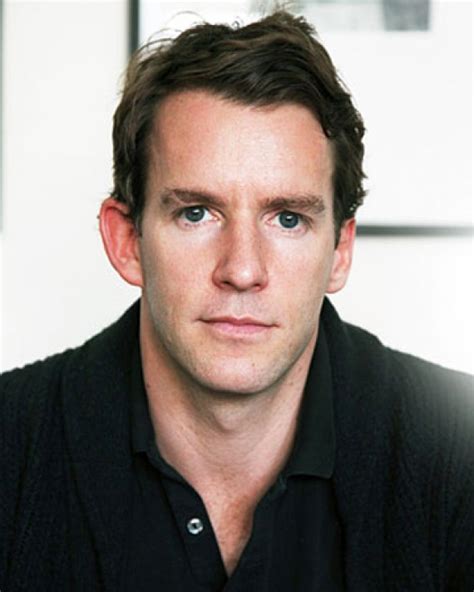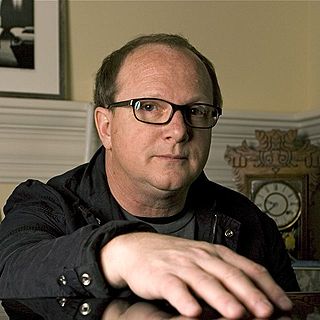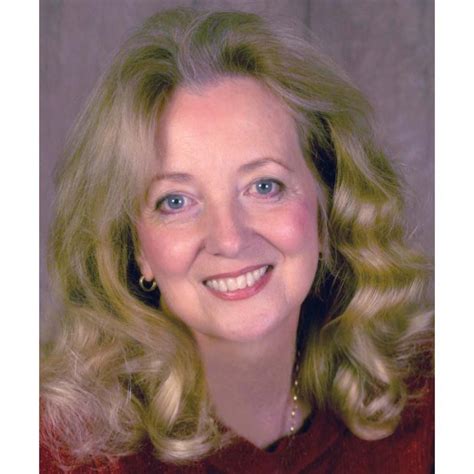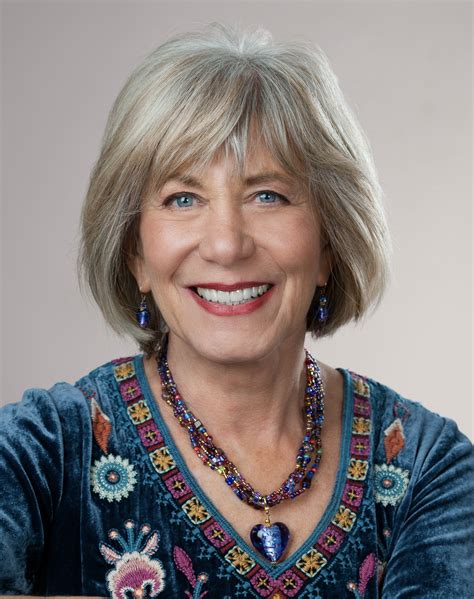A Quote by Andre Dubus
After the dead are buried, after the physical pain of grief has become a permanent wound in the soul, then comes the transcendent and common bond of human suffering, and with that comes forgiveness, and with forgiveness comes love.
Related Quotes
Forgiveness does not mean that we suppress anger; forgiveness means that we have asked for a miracle: the ability to see through mistakes that someone has made to the truth that lies in all of our hearts. Forgiveness is not always easy. At times, it feels more painful than the wound we suffered, to forgive the one that inflicted it. And yet, there is no peace without forgiveness. Attack thoughts towards others are attack thoughts towards ourselves. The first step in forgiveness is the willingness to forgive.
I've been interested in the idea of forgiveness and the necessity of it. I think of it as the most critical piece of any relationship, whether that be business, or romantic, or familial. We fail each other. We make mistakes. If we contract to go on after those mistakes, forgiveness is involved. Forgiveness is required.
An adept of Kriya Yoga conquers death by taking the soul beyond identification with the physical body, consciously and at will; and then returning to the consciousness of the mortal form again. By this process, he experiences the body as merely the material dwelling place of the soul. He can remain therein as long as he wants; and after that body has fulfilled its usefulness, he can quit it at will without suffering physical pain or mental pain due to attachment, and enter his omnipresent home in God.
The irony of conversing with a stranger is that your individual lives always look very different and personal, but then you strip away the nuances to find a common likeness buried inside of diversity. Take away money and geography and we’re all just flesh and blood and soul. We’re all dealing with sin and forgiveness, love and hate, glory and shame.
Growth of the soul is our goal, and there are many ways to encourage that growth, such as through love, nature, healing our wounds, forgiveness, and service. The soul grows well when giving and receiving love. I nourish my soul daily by loving others and being vulnerable to their love. Love is, after all, a verb, an action word, not a noun.
The saved sinner is prostrate in adoration, lost in wonder and praise. He knows repentance is not what we do in order to earn forgiveness; it is what we do because we have been forgiven. It serves as an expression of gratitude rather than an effort to earn forgiveness. Thus the sequence of forgiveness and then repentance, rather than repentance and then forgiveness, is crucial for understanding the gospel of grace.
A wound in the soul, coming from the rending of the spiritual body, strange as it may seem, gradually closes like a physical wound. And once a deep wound heals over and the edges seem to have knit, a wound in the soul, like a physical wound, can be healed only by the force of life pushing up from inside. This was the way Natasha's wound healed. She thought her life was over. But suddenly her love for her mother showed her that the essence of life - love - was still alive in her. Love awoke, and life awoke.
Finding a way to extend forgiveness to ourselves is one of our most essential tasks. Just as others have been caught in suffering, so have we. If we look honestly at our life, we can see the sorrows and pain that have led to our own wrongdoing. In this we can finally extend forgiveness to ourselves; we can hold the pain we have caused in compassion. Without such mercy, we will live our own life in exile.
Forgiveness is the key to breaking the cycle of karma and reincarnation. Forgiveness doesn't mean: "What you did was okay." It simply means, "I'm no longer willing to carry the heavy toxic burdens of anger, resentment, and victimhood in my soul." You can work on healing, uplifting, and changing situations from a place of forgiveness, instead of from a place of resentment. Forgive yourself and everyone, and you are free!




































